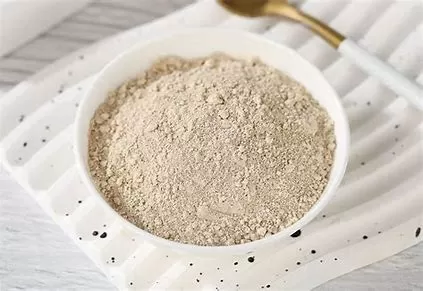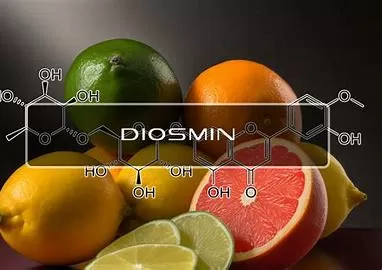- 0086-571-85302990
- sales@greenskybio.com
What Is Diosmin Hesperidin? Uses, Benefits, and Applications
2025-03-23

Diosmin and Hesperidin are two naturally occurring flavonoids predominantly found in citrus fruits, such as oranges, lemons, and grapefruits. Flavonoids are plant compounds known for their antioxidant and anti-inflammatory properties, which contribute to a wide array of health benefits. Diosmin and Hesperidin are often combined in supplements, particularly for the management of vascular health and associated conditions. This article explores the nature of Diosmin and Hesperidin, their mechanism of action, uses, and the potential benefits they offer for human health.
Overview of Diosmin and Hesperidin
Diosmin was first isolated from the resin of the plant Scrophularia nodosa in 1925, and hesperidin was identified in citrus peels as early as 1827. Known primarily as vasoprotectors, these flavonoids possess qualities that make them effective in promoting vascular health and function. They are heavily researched for their ability to strengthen blood vessels, reduce inflammation, and enhance circulation.
Diosmin is structurally related to hesperidin, as it is a derivative formed by the removal of a glucose molecule from hesperidin. This relationship enhances their synergistic effects when used together in supplement form.
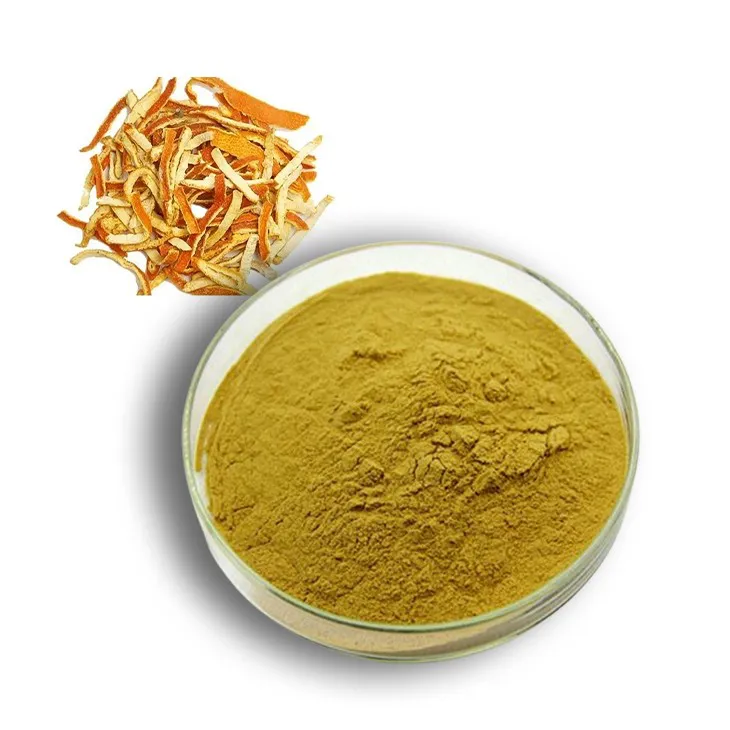
Mechanism of Action
The primary mechanism through which diosmin and hesperidin exert their effects is by improving venous tone and function. They work by blocking enzyme activity that causes oxidative stress and inflammation in blood vessels. Additionally, they modulate microcirculation by improving capillary resistance, thereby reducing capillary permeability and decreasing the risk of fluid leakage into surrounding tissues.
Diosmin and hesperidin also support lymphatic drainage, further aiding in the reduction of tissue swelling and promoting the flow of lymphatic fluid. Their antioxidative capacity helps to neutralize free radicals and minimize cellular oxidative damage, safeguarding vascular health.
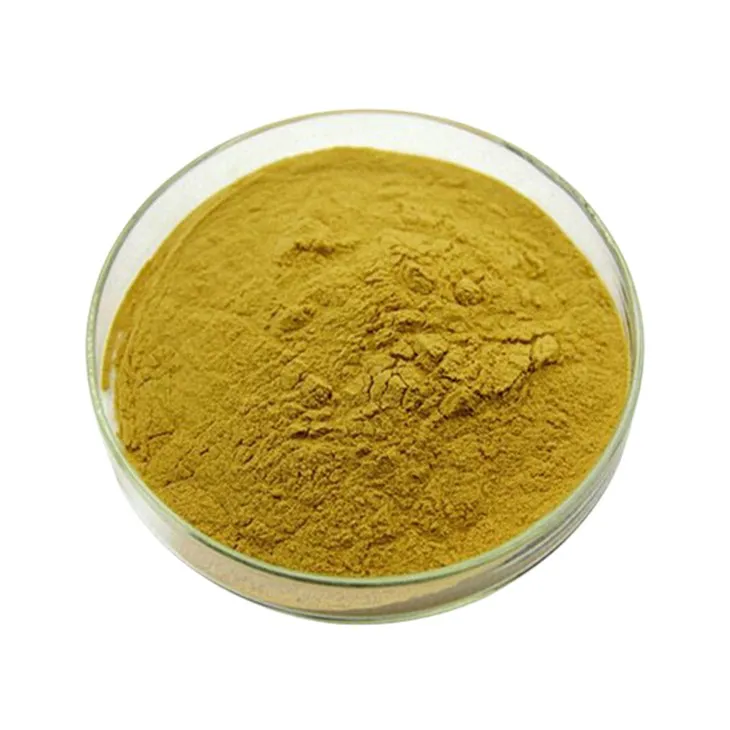
Uses and Benefits
1. Chronic Venous Insufficiency (CVI)
CVI occurs when veins struggle to efficiently return blood from the legs back to the heart, leading to symptoms like leg heaviness, swelling, pain, and varicose veins. Diosmin and hesperidin are widely used in managing CVI due to their ability to improve venous tone and decrease capillary permeability. Studies have shown that the combination of these flavonoids can significantly alleviate CVI symptoms, enhance venous function, and improve overall quality of life for sufferers.
2. Hemorrhoids
Hemorrhoids, or swollen blood vessels in the rectal area, can cause pain, itching, and discomfort. Diosmin and hesperidin are effective in reducing inflammation and strengthening blood vessel walls, which are key considerations in the management of hemorrhoidal symptoms. Research supports their use in decreasing pain, bleeding, and swelling associated with hemorrhoids, often resulting in quicker symptom relief.
3. Lymphedema
Lymphedema is characterized by swelling in areas like the arms and legs due to lymphatic obstruction. Diosmin and hesperidin aid in lymphatic regulation and reduce inflammation which is beneficial in managing lymphedema. The flavonoids promote lymphatic drainage and decrease the accumulation of fluid, alleviating the discomfort of swelling and heaviness in affected areas.
4. Antioxidant and Anti-inflammatory Effects
The antioxidative properties of diosmin and hesperidin offer additional health benefits by safeguarding against cellular damage caused by free radicals. Their ability to reduce inflammation can assist in the management of various conditions linked to oxidative stress and inflammatory responses.
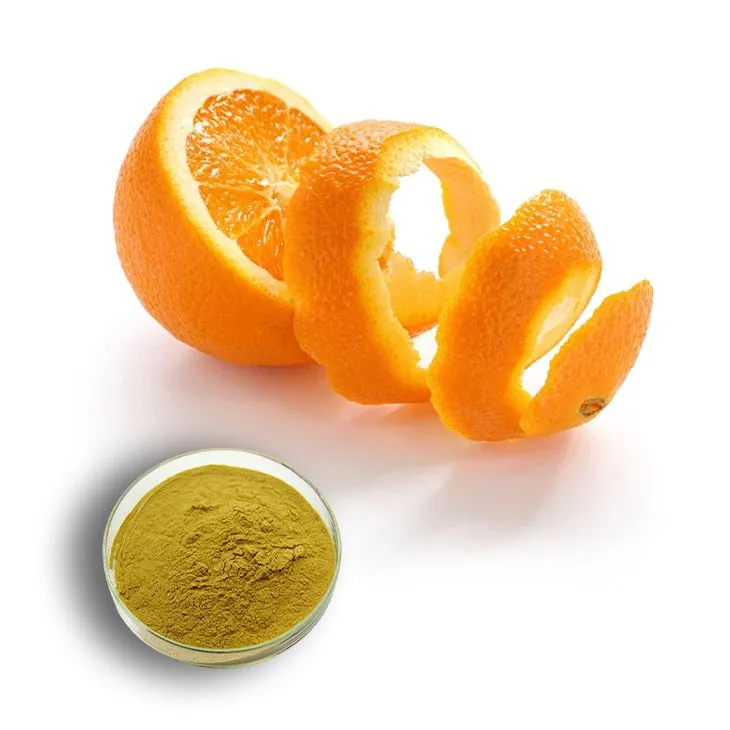
Safety and Dosage Considerations
Diosmin and hesperidin are generally considered safe to use, especially when consumed as directed within formulated supplements. Common dosages for the combination range from 500 mg to 1000 mg per day, depending on the specific health needs being addressed.
Though side effects are uncommon, some individuals may experience mild digestive upset, headaches, or allergic reactions. Pregnant or breastfeeding individuals should consult healthcare providers before use. Additionally, those on anticoagulant medications or dealing with blood clotting disorders should seek professional medical advice to determine any potential interactions before starting supplementation.
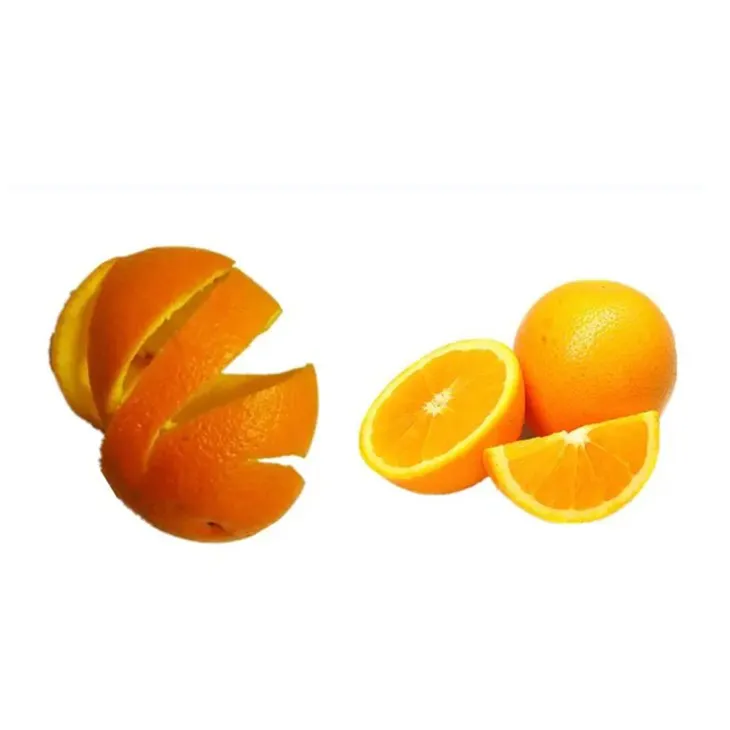
Choosing the Right Diosmin Hesperidin Supplement
Consumers seeking to incorporate diosmin hesperidin into their routine should prioritize quality and purity when selecting supplements. Opt for products from reputable brands that conduct third-party testing to ensure the integrity and efficacy of their formulations. It's also beneficial to consider supplemental ingredients that complement the effects of diosmin and hesperidin, such as vitamin C, which can enhance absorption and overall effectiveness.
Conclusion
Diosmin and hesperidin are valuable flavonoids that offer significant health benefits, especially in the realm of vascular health. Their ability to fortify blood vessels, improve circulation, and exert antioxidant effects make them popular choices for managing conditions like chronic venous insufficiency, hemorrhoids, and lymphedema.
Through informed usage and professional guidance, diosmin hesperidin supplements can effectively contribute to maintaining vascular wellness and overall health. Understanding their functions and applications helps users grasp the potential health enhancements provided by these natural compounds, enabling a proactive approach towards improved well-being.
- ▶ Hesperidin
- ▶ citrus bioflavonoids
- ▶ plant extract
- ▶ lycopene
- ▶ Diosmin
- ▶ Grape seed extract
- ▶ Sea buckthorn Juice Powder
- ▶ Beetroot powder
- ▶ Hops Extract
- ▶ Artichoke Extract
- ▶ Reishi mushroom extract
- ▶ Astaxanthin
- ▶ Green Tea Extract
- ▶ Curcumin Extract
- ▶ Horse Chestnut Extract
- ▶ Other Problems
- ▶ Boswellia Serrata Extract
- ▶ Resveratrol Extract
- ▶ Marigold Extract
- ▶ Grape Leaf Extract
- ▶ blog3
- ▶ blog4
- ▶ blog5
-
what is diosmin hesperidin daflon
2025-03-23
-
what is the mechanism of action of diosmin
2025-03-23
-
what is micronized diosmin
2025-03-23
-
what are the contraindications for diosmin
2025-03-23
-
Lemon Balm Extract
2025-03-23
-
Hesperidin
2025-03-23
-
Mangosteen extract powder
2025-03-23
-
Licorice Root Extract Powder
2025-03-23
-
Maca Extract
2025-03-23
-
Buckthorn bark extract
2025-03-23
-
Oat Straw Extract Powder
2025-03-23
-
Diosmin
2025-03-23
-
Sophora Japonica Flower Extract
2025-03-23
-
Propolis Extract Powder
2025-03-23














